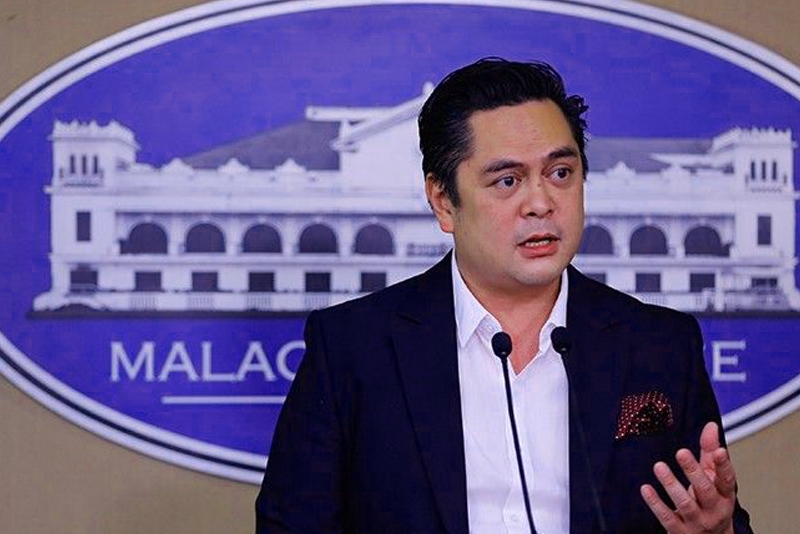
Social news network Rappler and its management on Wednesday, February 20, wrote to both Executive Secretary Salvador Medialdea and Presidential Communications Secretary Martin Andanar asking them to lift the cover ban imposed by President Rodrigo Duterte the year before.
“We ask you to lift [the ban] and allow Rappler full access to the media coverage of President Duterte,” Rappler managing editor Glenda Gloria said.
“The existing presidential ban stands in the way of a journalist’s mission to provide the most complete information on public officials, institutions, and issues that he or she is covering,” she said.
Rappler reporter Pia Ranada and CEO Maria Ressa were banned from setting foot in Malacañang or covering the president’s events a year ago after the chief executive was “annoyed” at Rappler’s reportage. The order was quickly expanded to include all the news network’s reporters and provincial correspondents, and events and activities where Duterte is present.
The cover ban sparked a debate about press freedom in the country, with critics calling the order as “censorship” and a display of “extreme pettiness.”
National Union of Journalists in the Philippines (NUJP) showed its support for Rappler by releasing a statement on Wednesday.
“The National Union of Journalists of the Philippines supports the call of Rappler to restore its right and that of its staff and personnel to the free coverage of President Rodrigo Duterte and all his official activities,” the media watchdog group said.
According to NUJP, the ban on Rappler “tramples on the constitutional prohibition against laws abridging the freedom of the press has gone on too long.”
Rappler also maintained the existing cover ban “violates a basic constitutional principle that no law or rule should be passed abridging the freedom of the press.”
Court of Appeals remands case to SEC
Aside from being “annoyed” at Rappler, Malacañang claimed the cover ban was also the result of the January 2018 decision of the Securities and Exchange Commission to revoke Rappler’s license to operate.
The Court of Appeals (CA), however, did not approve SEC’s order in its July 25, 2018 decision on the case. Instead, the CA ordered the commission to review it because the supposedly problematic Philippine Depositary Receipts (PDRs) that led SEC to its conclusion that there were “some foreign control” over Rappler were already donated to Filipino managers.
The donation by Omidyar showed “the intention to comply in good faith with the regulations of the SEC,” the CA said.
It also said that the commission is “mandated to give incorporators a reasonable time within which to correct or modify the objectionable portions of their articles of incorporation or amendment.”
Revoking a certificate of registration should have been the “last resort,” the CA added.






